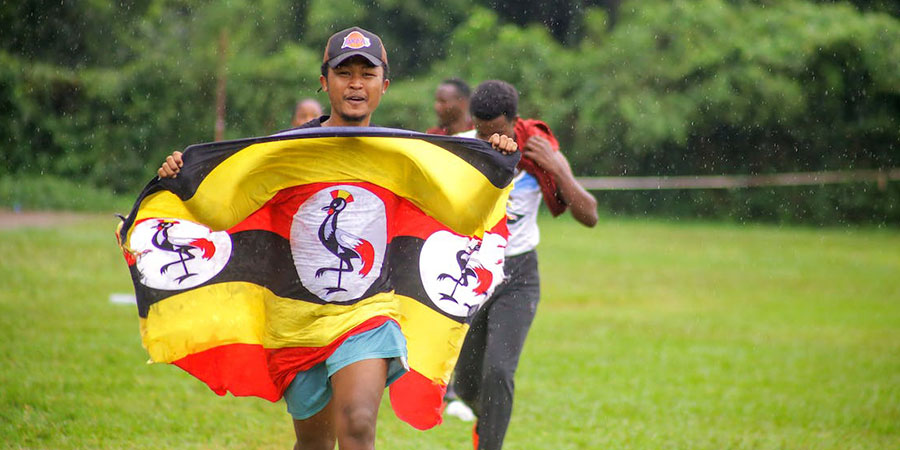Uganda is a multilingual country with over 40 different languages spoken across its diverse population. While English is the official language of Uganda, it is not the primary language spoken by the majority of the population. As a result, many books, documents, and other forms of media are translated into other languages in Uganda to ensure accessibility and reach a wider audience.
 Here are some of the most popular translated languages in Uganda:
Here are some of the most popular translated languages in Uganda:
- Luganda is the most widely spoken language in Uganda, with over 6 million speakers. It is the language of the Baganda people, who make up the largest ethnic group in Uganda. Many documents, including government publications and educational materials, are translated into Luganda to make them more accessible to the majority of the population.
- Runyankole and Rukiga are closely related languages spoken by the Banyankole and Bakiga people in western Uganda. They have over 2 million speakers combined, and many books and other materials have been translated into these languages.
- Ateso is spoken by the Teso people in eastern Uganda and has over 1.5 million speakers. It is one of the most widely spoken languages in the region, and many government publications and educational materials have been translated into Ateso to ensure accessibility.
- Acholi is spoken by the Acholi people in northern Uganda which has over 1 million speakers. It is the primary language spoken in the region and is often used in government and educational settings. Many books and other materials have been translated into Acholi to make them accessible to the local population.
- Lusoga is spoken by the Basoga people in eastern Uganda and has over 1 million speakers. It is a widely spoken language in the region and is often used in government and educational settings. Many documents, including government publications and educational materials, have been translated into Lusoga to ensure accessibility.
- Swahili is a widely spoken language in East Africa and is also spoken in Uganda. It is often used as a lingua franca in the region and is the language of instruction in many schools. Many books and other materials have been translated into Swahili to make them accessible to a wider audience in Uganda and the region.
- Lusoga is a Bantu language spoken by the Basoga people in southeastern Uganda. It is widely used in education, media, and government. Lusoga has been translated into several other languages, including English, to help non-speakers understand it.
- Ateso is a Teso language spoken by the Iteso people in eastern Uganda. It is one of the largest local languages in Uganda, with over 1 million speakers. Ateso has been translated into several other languages, including English, to help non-speakers understand it.
- Lango Lango is a Nilotic language spoken by the Lango people in central Uganda. It is widely used in education, media, and government. Lango has been translated into several other languages, including English, to help non-speakers understand it.
- Alur is a Luo language spoken by the Alur people in northwestern Uganda. It is one of the largest local languages in Uganda, with over 1 million speakers. Alur has been translated into several other languages, including English, to help non-speakers understand it.
- Lugbara Lugbara is a Central Sudanic language spoken by the Lugbara people in northwestern Uganda. It is widely used in education, media, and government. Lugbara has been translated into several other languages, including English, to help non-speakers understand it.
- Runyoro-Rutooro Runyoro-Rutooro is a Bantu language spoken by the Batooro and Banyoro people in western Uganda. It is widely used in education, media, and government. Runyoro-Rutooro has been translated into several other languages, including English, to help non-speakers understand it.
In addition to these languages, there are many other languages spoken in Uganda that also have translations available. The availability of translated materials in these languages helps to ensure that everyone in Uganda can access important information and education regardless of their primary language.
